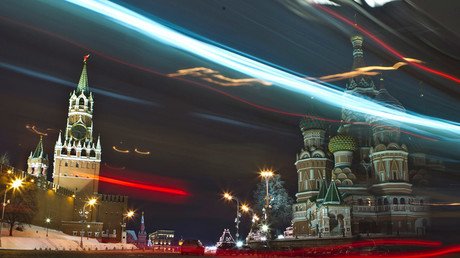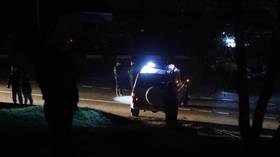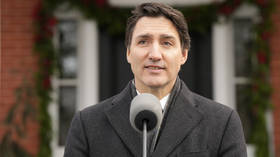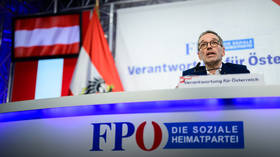Russia to continue developing nuclear forces in 2017 to deter any aggression – General Staff
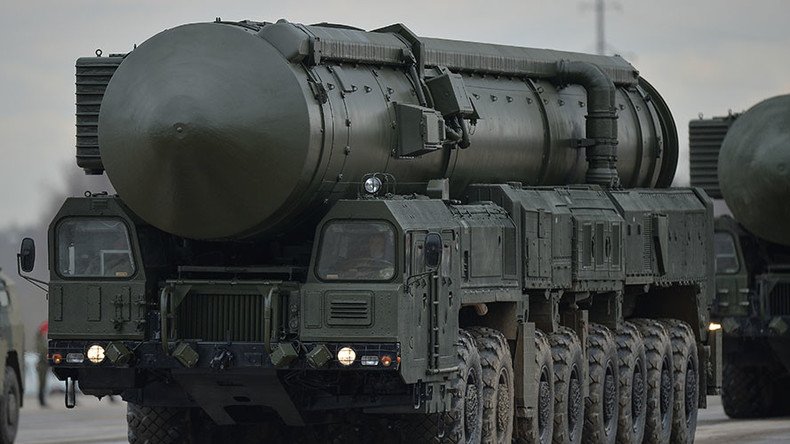
The development of Russia's strategic nuclear forces in 2017 will be maintained at a level that would guarantee the containment of any aggression against the country, said Valery Gerasimov, Chief of Russian General Staff and Deputy Defense Minister.
“We will continue to develop the Russian Armed Forces in 2017," Gerasimov said during a meeting with foreign military attaches in Moscow on Thursday.
Just like in 2016, “we will pay particular attention to keeping our strategic nuclear forces at a level that would ensure the containment of aggression against Russia and its allies, meeting the parameters under the treaty on strategic offensive arms,” he said.
Russia would also continue building up the capacity of its aerospace defense system and push ahead with efforts to promote its national interests in the Arctic, the General Staff chief said.
Such set of measures will enable the Russian Armed Forces to “adequately respond to emerging security threats” and ensure the country's “peaceful development," he said.
"We will continue the activities aimed at increasing the level of confidence and reducing tensions. We are open to dialogue insofar as our partners are," he said.
According to Gerasimov, Moscow views “expanded presence of NATO's forces near the Russian border” as a challenge to the country’s security.
The other reasons for concern are “the development of North Korea's nuclear program," increased terrorist activity in Afghanistan and growing instability in the Middle East and North Africa over the conflicts in Syria, Libya, Iraq and Yemen, he said.
Islamic State attempts to create a “global caliphate” and the situation in eastern Ukraine are also among the worrying factors, the General Staff chief said.
READ MORE: US troops rushed to Poland before Trump’s inauguration
As for international security challenges, Gerasimov has urged special attention to the fight against terrorism, which he named as a “key threat.”
"It’s necessary for all the international community to combine its efforts under the leading role of the UN to combat it," he said.
The General Staff cited as an example the joint efforts of the Syrian government forces and the Russian Aerospace Forces, which lead to a turning point in the fight against Islamic State, Jabhat al-Nusra and other militant groups.
He also said that Russia successfully cooperates with Iraq, Iran, Egypt, Jordan and Israel in tacking terrorism in Syria.
The General Staff head has called “transparency” an important like of work for the Russian military, reminding that “despite NATO’s unilateral decision to curb contacts with Russia’s Defense Ministry, we continue to inform everybody, including NATO member states, of the main activities of operational and combat training of our Armed Forces.”
The nuclear issue has been named among the most important in Russia's new Foreign Policy Concept, which President Vladimir Putin has signed on December 1.
The document has called Washington's development of its global missile defense system, which has components in Eastern Europe, a "threat to national security,” and stressed that Moscow is "reserving the right to take relevant counter measures."
According to the Foreign Policy Concept, Russia stands for the creation of "zones free of nuclear weapons and other types of weapons of mass destruction, especially in the Middle East."
"Despite [the fact] that a threat of a large-scale war, including nuclear war, initiated between key states remains low, risks that [such states] may be involved in regional crisis, escalating them, are growing," it warned.
